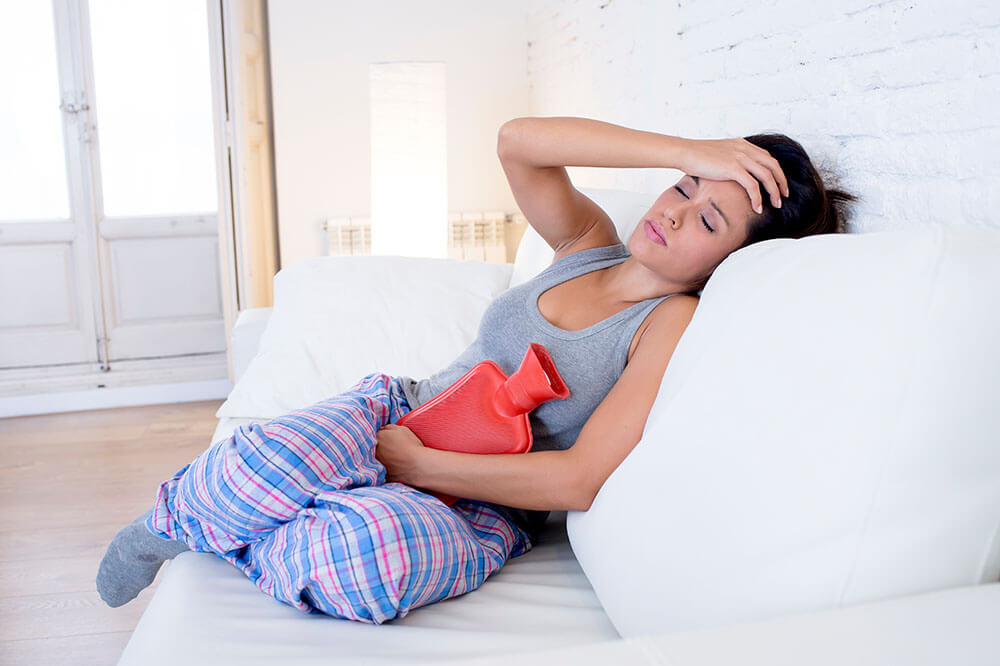Premenstrual Syndrome (PMS) is a condition which affects women before their menstrual period and is characterized by a combination of physical and emotional symptoms. It can occur days or weeks prior to period. Although the exact cause is still unknown but hormonal fluctuations are believed to be the reason behind it.
In this article, Dr. Ramandeep, gynae doctor in chandigarh sheds light on PMS symptoms and the strategies to cope them which are mentioned below:
A. Symptoms:
The common PMS symptoms include:
1.Physical Symptoms: They include physical changes like:
- Breast tenderness
- Bloating
- Weight gain
- Headache
- Fatigue
- Acne
- Changes in appetite
- Changes in sleep patterns
2. Emotional Symptoms: It includes symptoms of disrupted mental well-being like:
- Mood swings
- Irritability
- Anxiety
- Depression
- Increased sensitivity
- Changes in libido
3. Cognitive Symptoms: The cognitive abilities also face changes of:
- Difficulty in concentrating
- Forgetfulness
- Confusion
B. Coping Strategies:
Several strategies can help in coping PMS effectively which are listed below:
1. Healthy Lifestyle: A well-balanced diet which rich in whole grains, fruits and vegetables can regulate hormonal fluctuations. Try to limit the caffeine, alcohol and salt intake as they may cause bloating and breast tenderness. Engage in regular exercise like aerobic activities or yoga which can improve mood and reduce physical symptoms.
2. Stress Management: Stress can worsen PMS symptoms so ensure to engage in stress management techniques like deep breathing, yoga and meditation. Make sure to get enough sleep as well.
3.Emotional Support: Make sure to reach out to your friends and family for emotional support. Share your thoughts and feelings which will provide a sense of comfort and relieve emotional stress.
4. Pain Relief: The symptoms of pain, discomfort, headaches and cramps can be relieved using pain medications like ibuprofen or naproxen. Use heating pad or take warm baths to relax muscle aches and tension.
5. Alternative Therapies: Some women may find relief in therapies like acupuncture, massage or herbal remedies.
6.Medical Interventions: In cases where PMS symptoms become very severe, healthcare professionals can recommend hormonal birth control pills or antidepressants to regulate the hormonal fluctuations and reduce symptoms.
PMS is a common condition experienced by many women and it is not sometime which is to be feared of. The symptoms typically wear off once the periods end. Proper self-care and support can help in management of PMS which allows women to live a healthy and fulfilling life throughout their menstrual cycles.
In case of any concern or query, consult Dr. Ramandeep, a reputed female gynaecologist in chandigarh.




